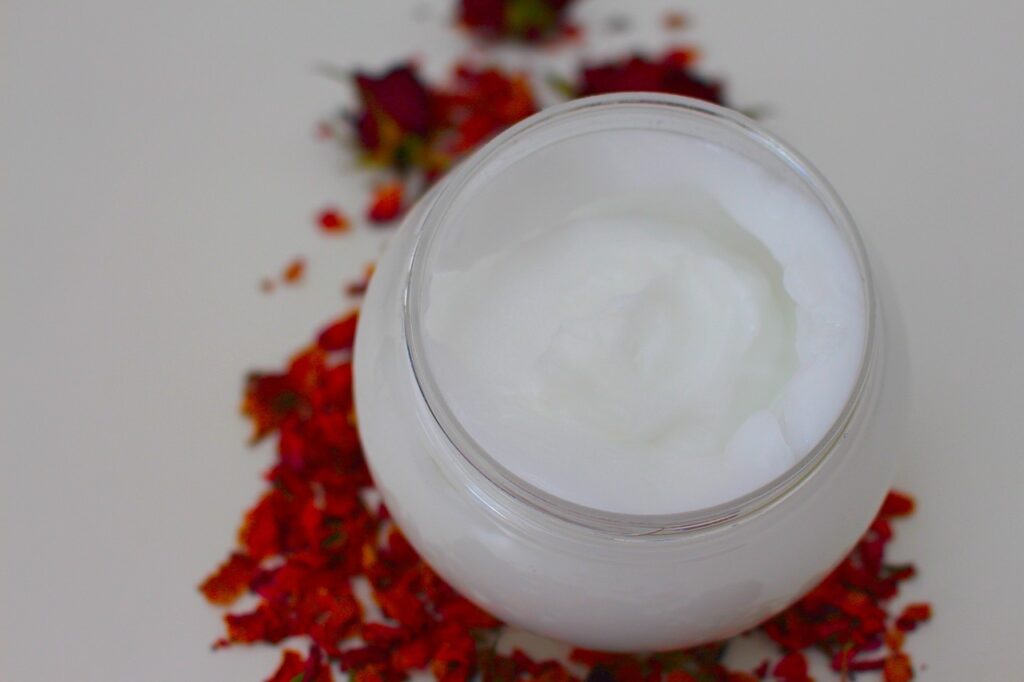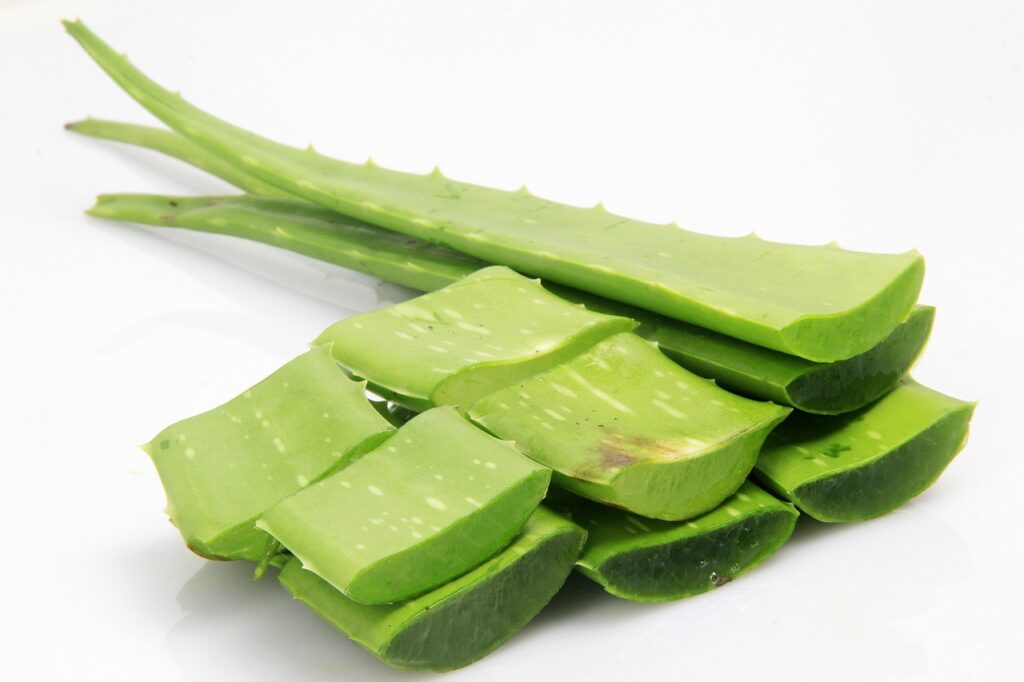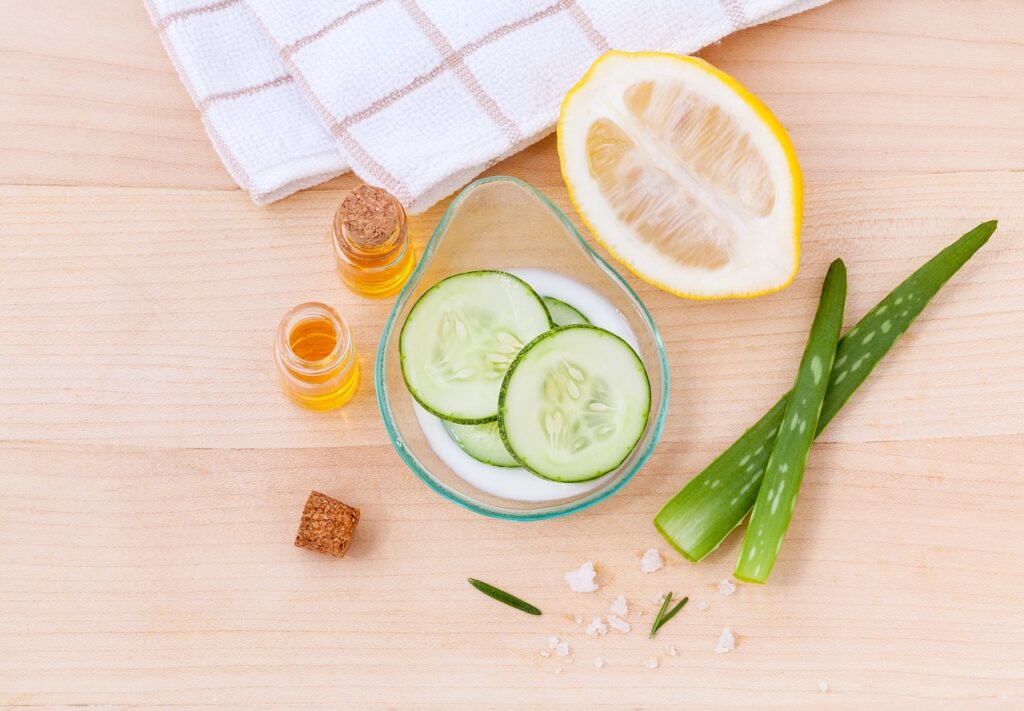Introduction
Healthy, radiant skin is a reflection of proper hydration and moisture balance. To maintain this balance, it’s essential to incorporate one of the hydration and moisture heroes for the skin, these ingredients that not only hydrate but also retain moisture in the skin. Omega-3 fatty acids, ceramides, and aloe vera are key components known for their ability to enhance skin hydration and support its barrier function. This article delves into the science behind these ingredients and how they contribute to optimal skin health.
Omega-3 Fatty Acids: The Moisture Magnet
1. What Are Omega-3 Fatty Acids?
Omega-3 fatty acids are essential fats found in foods like fish oil, flaxseed, and walnuts. They are known for their anti-inflammatory properties and are crucial for overall health, including skin health.
2. Role in Skin Hydration
Omega-3s contribute to the lipid barrier of the skin, which plays a critical role in maintaining moisture. They enhance the skin’s natural oil barrier, which helps keep water in the skin and maintain hydration. The lipid barrier, rich in omega-3s, prevents transepidermal water loss (TEWL), ensuring that the skin remains supple and hydrated .
3. Anti-Inflammatory Benefits
The anti-inflammatory properties of omega-3 fatty acids help in reducing skin conditions such as eczema and psoriasis, which can cause dryness and irritation. By decreasing inflammation, omega-3s contribute to a healthier skin environment that can better retain moisture .
4. Sources and Application
Omega-3s can be incorporated into the diet through fish, flaxseed, and supplements. They are also available in topical formulations, often combined with other hydrating ingredients to enhance skin moisture and barrier function.
Ceramides: The Skin’s Natural Glue
1. What Are Ceramides?
Ceramides are lipids found naturally in high concentrations in the stratum corneum (the outermost layer of the skin). They act as a “mortar” that holds the skin cells (the “bricks”) together, creating a protective layer that retains moisture.
2. Role in Skin Hydration
Ceramides are crucial for the skin’s barrier function. They prevent TEWL by creating a waterproof barrier that keeps moisture locked in the skin. Depleted ceramide levels make the skin more susceptible to dryness, irritation, and environmental damage.
3. Restoring and Enhancing the Barrier
Topical ceramide products can replenish the skin’s natural ceramide levels. These products help restore the barrier function, leading to improved hydration and reduced sensitivity. This makes ceramides especially beneficial for dry, aging, and sensitive skin types .
4. Sources and Application
Skincare products like moisturizers, serums, and creams often contain ceramides. Manufacturers frequently combine ceramides with other hydrating ingredients like hyaluronic acid and cholesterol to maximize their benefits.”

This article highlights the key benefits of the Collagen: IS TOPICAL COLLAGEN EFFECTIVE IN REJUVENATING YOUR SKIN? A DEEP DIVE
Aloe Vera: The Hydrating Wonder For The skin
1. What Is Aloe Vera?
Aloe vera is a succulent plant known for its soothing and healing properties. The gel derived from its leaves is rich in vitamins, minerals, and amino acids, making it a popular ingredient in skincare. It consider one of the basic hydration and moisture heroes for the skin.
2. Role in Skin Hydration
Aloe vera gel has a high water content, making it an excellent natural moisturizer. It penetrates deep into the skin, providing hydration and helping to lock in moisture. Aloe vera also contains polysaccharides, which form a protective film on the skin’s surface, further aiding in moisture retention .
3. Soothing and Anti-Inflammatory Benefits
Aloe vera’s anti-inflammatory and cooling properties help soothe irritated skin and reduce redness. This makes it particularly beneficial for conditions like sunburn and eczema, which damage and weaken the skin’s barrier.
4. Sources and Application
You can use aloe vera directly from the plant or in formulated products such as gels, creams, and masks. Manufacturers often combine it with other moisturizing agents to enhance its hydrating and soothing effects.

Also Read About: NATURAL TOPICAL ANTIOXIDANTS FOR SKIN: SKIN’S NATURAL SHIELD
Conclusion
Incorporating omega-3 fatty acids, ceramides, and aloe vera into your skincare routine can significantly enhance skin hydration and moisture retention. Omega-3s strengthen the lipid barrier, ceramides restore the skin’s natural protective layer, and aloe vera provides deep hydration and soothing benefits. Together, these ingredients create a robust approach to maintaining a healthy, hydrated, and radiant complexion.
Practical Tips for Usage
- Omega-3 Fatty Acids: Include omega-3-rich foods in your diet and consider supplements if needed. Look for skincare products that list omega-3s as an active ingredient.
- Ceramides: Choose moisturizers and serums containing ceramides, especially if you have dry or sensitive skin. These products are best used after cleansing and toning.
- Aloe Vera: Apply aloe vera gel directly to the skin or use products containing aloe vera for added hydration and moisture heroes for skin. It’s especially effective as a soothing agent after sun exposure or irritation.
By understanding the roles of these ingredients, you can make informed choices that cater to your skin’s hydration and moisture needs, ensuring a healthier and more resilient complexion.


Pingback: the benefits of antioxidants on skin : The Ultimate Skin Savior